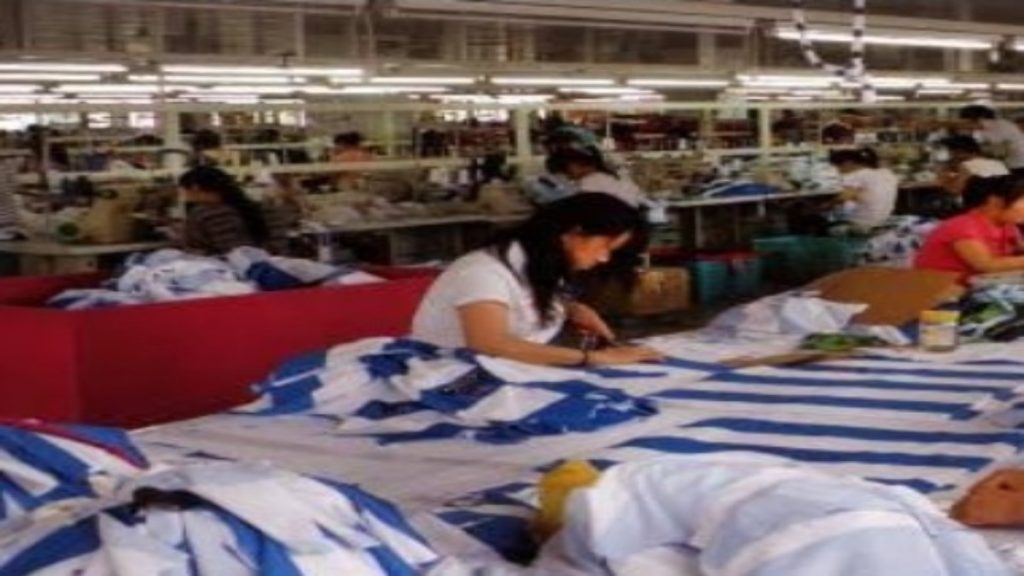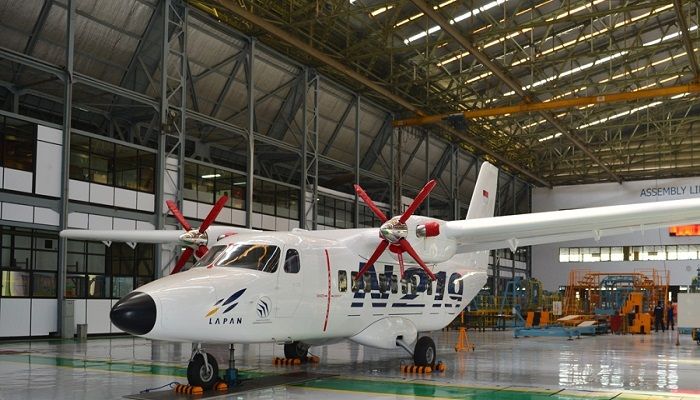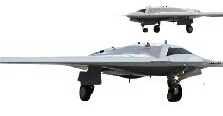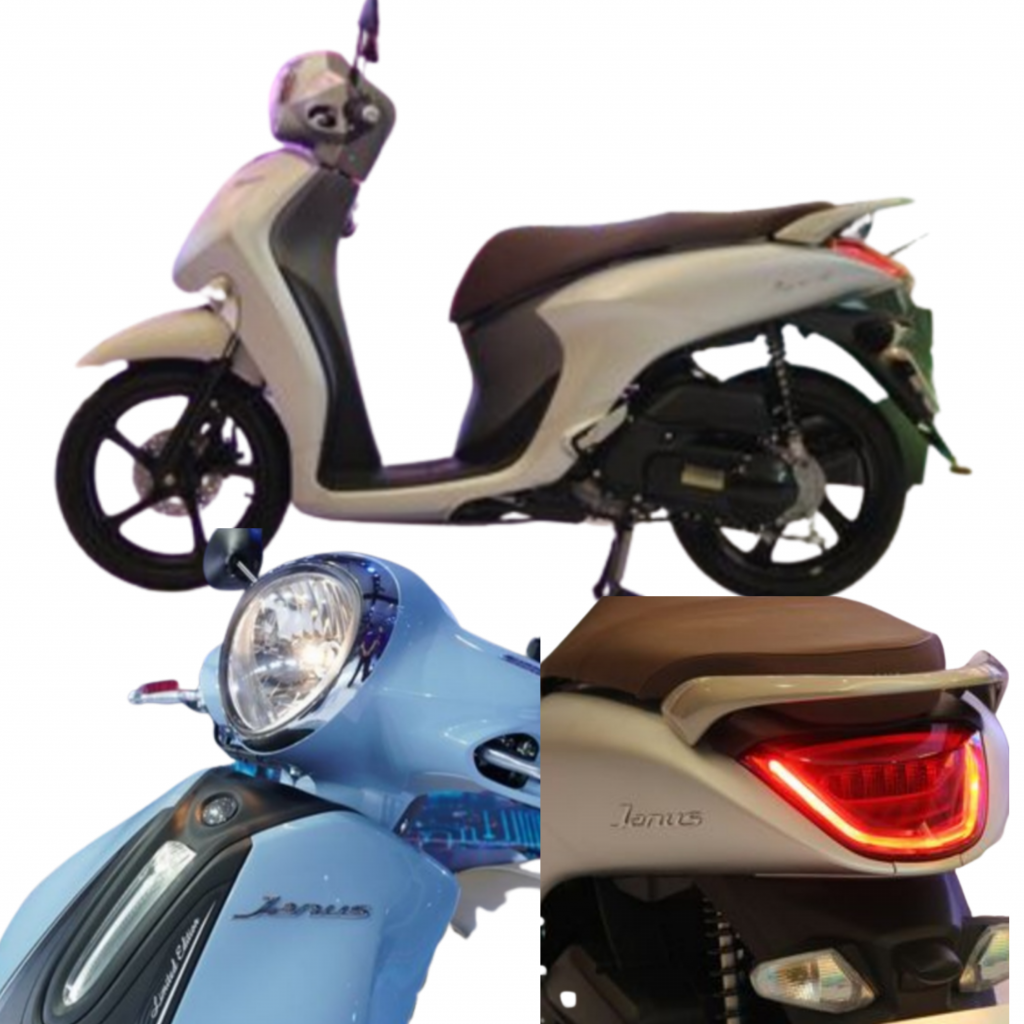WorldTekhno.com – Robotic power will be used for small industries, no longer just large industries like the manufacturing industry which is usually done so far. For example, clothing and technology companies Siemens AG Germany and Levi Strauss & Co. are seriously researching the prowess of how robots work in sewing clothes.
“Apparel is the last multi-trillion-dollar industry that hasn’t automated,” said Eugen Solowjow, who heads the project at the Siemens lab in San Francisco that has been working on the automation of apparel manufacturing since 2018.
Moreover, robots do not have the skills that human hands do. However, what is clear is that robots are believed to be capable of being upgraded to handle cloth even though it will take many years.
Launch Reuters, the work at Siemens grew from trying to create software to guide robots to handle all kinds of flexible materials, such as thin wire cables and realizing that one of the most ripe targets was clothing.
This is because the global clothing market is estimated to be worth 1.52 trillion US dollars, according to independent data platform Statista.
To overcome this, Siemens is working with the Advanced Robotics for Manufacturing Institute in Pittsburgh, to solve the problem of floppy fabrics or weak fabric materials.
Instead of teaching a robot how to handle cloth, Francisco-based startup Sewbo Inc. hardens the cloth with chemicals so it can be handled like a robot handling a car bumper during production.
Once finished, the garment is then washed to remove substances that stiffen it during the production process.
This research effort eventually grew to include several clothing companies, including Levi’s and Bluewater Defense LLC which is a US-based manufacturer of military uniforms. They received a $1.5 million grant from the Robotics Institute of Pittsburgh to experiment with the technique.
Despite being part of a research effort with Siemens, Bluewater Defense CEO Eric Spakey said he was skeptical of Sewbo’s approach.
He considered that using hardeners in garments would only add another process, which of course would increase costs. However, Spakey does not deny that this makes sense for manufacturers who are required to wash clothes as part of their normal operations, such as jeans makers.
Meanwhile, Sanjeev Bahl, who opened a small jeans factory in downtown Los Angeles two years ago called Saitex, has studied Sewbo engines and is preparing to install his first trial machine.
Clothing makers are not a bit doubtful about the performance of robots that enter the textile industry, because clothing is not like a car bumper which is hard in shape like a robot that makes it, the fabric is limp, drooping with different thicknesses and textures. And also involving robots can certainly trigger worry, and suffering for workers in the textile industry which so far have been found in many developing countries.
Jonathan Zornow, who has developed techniques to automate parts of a jeans factory, said he has received criticism online and one death threat.***







Quite, yes
It no more than reserve